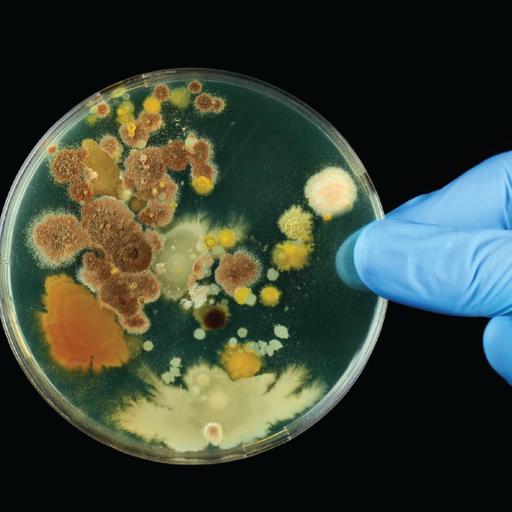Microbial Replication
Presentations | English
In molecular biology, DNA replication is the biological process of producing two identical replicas of DNA from one original DNA molecule. DNA replication occur in all living organisms acting as the most essential part for biological inheritance. DNA replication occurs in all living organisms acting as the most essential part for biological inheritance. This is essential for cell division during growth and repair of damaged tissues, while it also ensures that each of the new cells receives its own copy of the DNA. The cell possesses the distinctive property of division, which makes replication of DNA essential. In a cell, DNA replication begins at specific locations, or origins of replication, in the genome which contains the genetic material of an organism. Unwinding of DNA at the origin and synthesis of new strands, accommodated by an enzyme known as helicase, results in replication forks growing bi-directionally from the origin. A number of proteins are associated with the replication fork to help in the initiation and continuation of DNA synthesis.

17.75
Lumens
PPTX (71 Slides)
Microbial Replication
Presentations | English
